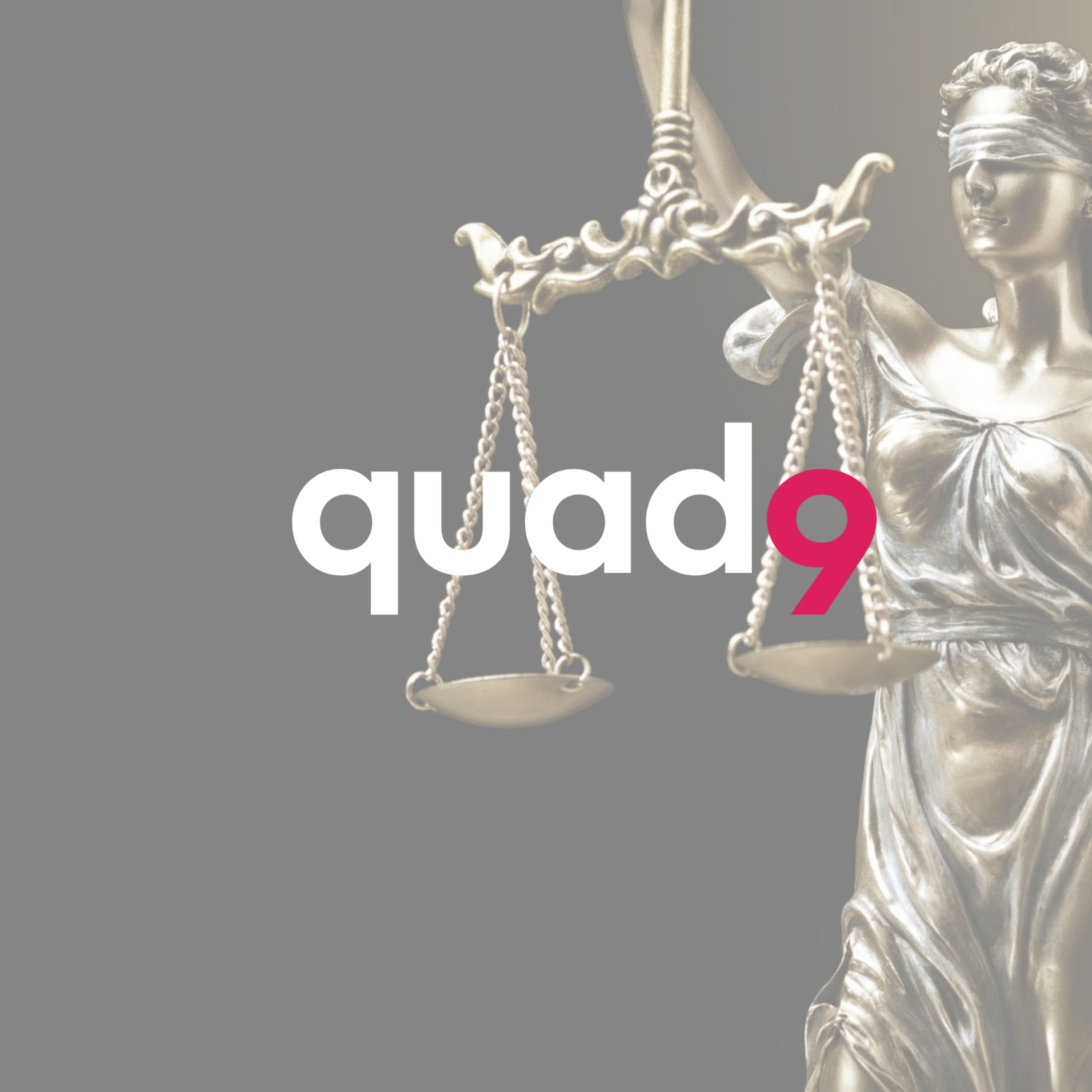Quad9 Faces New DNS Censorship Legal Challenge in France from Canal+

After a long but successful result in the German case brought by SONY Music in December 2023, Quad9 is now facing new legal challenges in France. Quad9 has been presented with demands by Canal+, a French media company, to block a list of sites they claim are infringing on their intellectual property by copying or rebroadcasting content.
Quad9 has no relationship with the sites listed. They are not customers, do not pay Quad9, and have any contractual or formal relationship with Quad9. Quad9 does not have any interaction with them other than resolving their domain names as we do with every other name on the Internet. However, Canal+ believes Quad9 should enable blocking of those names based on their requirements regardless. Canal+ petitioned the courts in Paris to force Quad9 to comply with their demands, and last week the court delivered a ruling that agrees with that position.
As a result, Quad9 is blocking the list of sites that were presented. We do not have geographic blocking methods to localize the censorship activity, as our system is designed to treat everyone in every nation identically. Additionally, we have no perfect understanding of the locations of any members of our user community. This is by design for privacy purposes to allow us to comply with GDPR and Swiss Data Privacy laws. Therefore, to remain in compliance, we have to block these sites for all users, in all areas. This amounts to French law being applied globally, but if Quad9 is not in compliance it is possible for Canal+ and the French courts to seek financial penalties against Quad9.
Other organizations and companies also received the demand: Vercara (previously UltraDNS) is named in the same order. Google, Cloudflare, and Cisco (among others) received similar demands in June of 2024 (https://torrentfreak.com/google-cloudflare-cisco-will-poison-dns-to-stop-piracy-block-circumvention-240613/). As a result, Cisco has exited the French market for DNS entirely. This is not the path Quad9 wishes to take, and our concerns are significant in that regard. Departing markets leaves users more exposed to the cybersecurity risks that Quad9 defends against, and it opens users to significant privacy risks if we were to transfer those services outside of France. Our intent is to keep our systems operational in France and fight this decision. We must continue to make a stand wherever challenged, as long as we believe that the outcome can be just.
We will appeal this ruling, but until the courts find in favor of our arguments we must maintain the list of blocked sites.
What You Can Do
Quad9 needs your help if you believe that an open Internet is a worthy goal. We are a non-profit and subsist on donations and sponsorships. Please consider donating to our general fund here (https://www.quad9.net/donate) so we can maintain our high standards for our service and continue to expand while taking on this new burden of legal and time costs.
Background
If the above sounds familiar, Quad9 fought a case almost exactly like this in 2021 that began in the German courts, with Sony Entertainment Germany as the plaintiff. That case took quite some time, money, and energy for Quad9 to defend the rights of our users to access an open and un-modified DNS (and Internet.)
After several appeals, the courts in Dresden found in favor of Quad9 (Quad9 Turns the Sony Case Around in Dresden) in a way that was not merely a win -- it was determined to be such a clear victory for Quad9 that no appeals were permitted. We believe the Dresden court ruling was correct, however the German ruling does not prevent the attempts of companies in other nations trying to create a dangerous precedent through legal actions targeting resolvers to block content.
Sadly, Quad9 expects these types of actions to be used in more regions against our service and end users as time continues. The costs of legal battles defending the DNS and DNS resolution costs significant sums of money; launching a legal defense is costly, and it creates uncertainty in our user communities as to who can enforce filters on what sites, an uncertainty that can already be seen. We believe these actions are detrimental to the stability and trust that the world has put in the DNS thus far -- it risks breaking a system that works well. We believe the filtering demands put on the DNS are for reasons that are ultimately ineffective and poorly considered. Yet, Quad9 has evidence that fighting works -- we have already won one ruling in our favor, and we expect that trend to continue.
For these reasons, we find the Canal+ case to be an absurd application of copyright law. Recursive DNS operators are equivalent to map publishers -- we let users know where to find resources, using a publicly accessible set of data (the DNS) from which to create the "map". Anyone can configure a DNS recursive resolver on their own in just a few seconds, but Quad9 happens to include a very effective malware/virus/phishing blocking capability, and we guarantee user privacy. So this action of undermining our ability to provide correct DNS answers will in effect push users into utilizing a less secure, less private solution -- exactly the opposite of what we believe are the goals of crime prevention authorities, national governments, law enforcement, and network administrators.
What's next?
Quad9 must be in compliance with the court's order, as our desire is to remain out of risk by the constraints applied by the Lugano Convention to which both Switzerland and France are signatories. This convention permits civil lawsuits to be pursued across borders. This means even though Quad9 has no French subsidiaries, staff, or legal standing (though we do have systems located in France) it is possible for organizations based in France to pursue legal action against us.
Quad9 will appeal the ruling and move to the next stages of the legal process.


